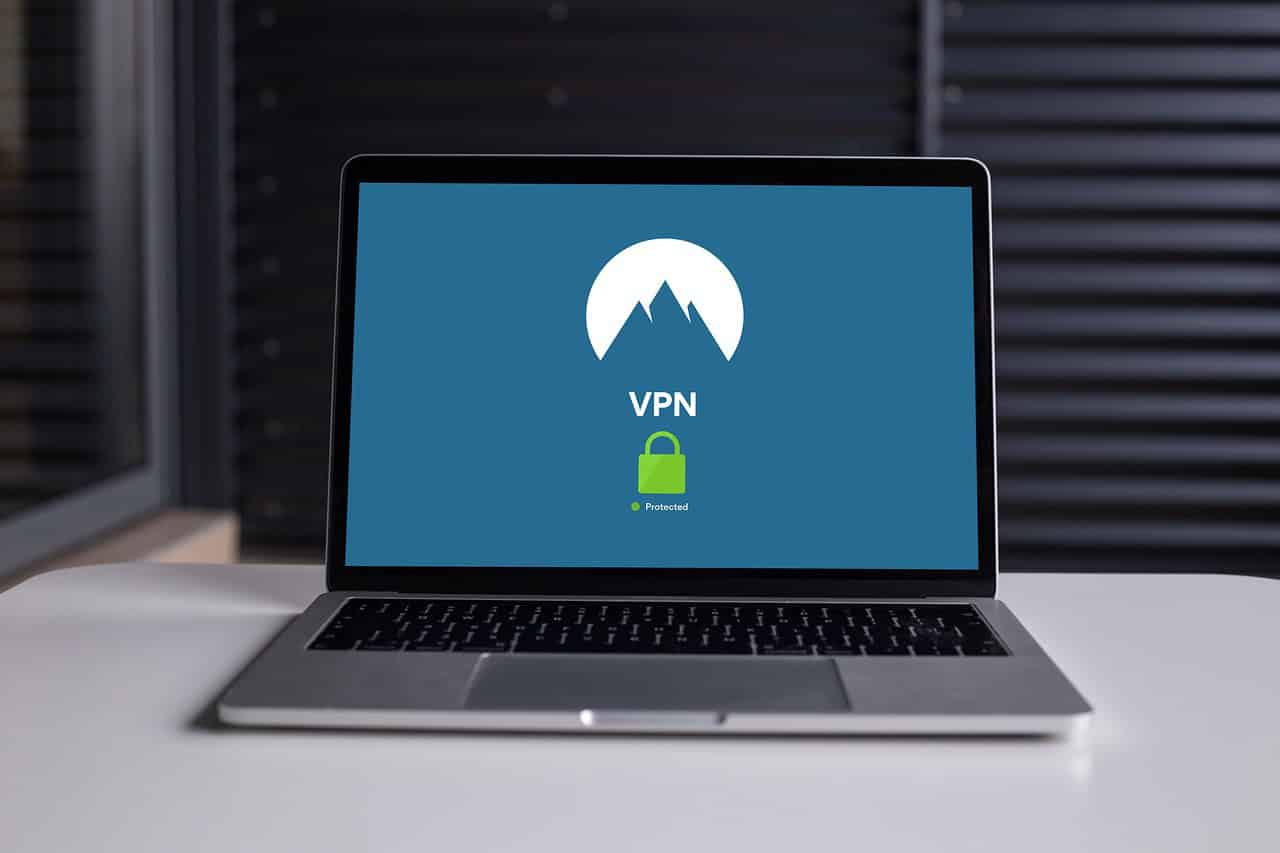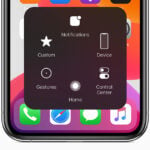A virtual private network, or VPN, serves as an essential tool for enhancing online privacy. It works by encrypting a user’s internet connection and rerouting it through a server in a different location. This process masks the user’s original IP address, making their online activities more private. With a VPN, an individual’s data becomes less accessible to outsiders, including internet service providers and potential eavesdroppers.
The technology behind VPNs is not just about privacy but also about security. VPNs secure the user’s data as it travels across the internet, safeguarding it from unauthorized access. This is particularly useful when using public Wi-Fi networks, where the risks of cyber threats are higher. By employing encryption protocols, VPNs ensure that even if data is intercepted, it remains unreadable to anyone who does not have the necessary decryption key.
Security and privacy are not the only advantages of using a VPN. They can also bypass geographic restrictions, allowing users to access content that may be blocked in their region. This expands the user’s access to information and entertainment on the internet.
VPN FAQs
What is a VPN?
A Virtual Private Network (VPN) is a service that encrypts your internet connection and routes it through a secure server, hiding your IP address and online activities. It enhances your privacy and allows you to access content that may be restricted based on your geographic location.
How does a VPN work?
When you connect to a VPN, it creates a secure “tunnel” between your device and the VPN server. Your internet traffic is encrypted and sent through this tunnel, making it unreadable to your internet service provider (ISP), hackers, and surveillance bodies.
Why should I use a VPN?
You should consider using a VPN to:
- Protect your online privacy
- Hide your IP address and location
- Secure your data on public Wi-Fi
- Access blocked or region-restricted content
- Avoid bandwidth throttling by ISPs
Are VPNs legal?
In most countries, VPNs are legal to use. However, using a VPN for illegal activities is still illegal. Some countries with strict internet regulations (like China, Russia, or Iran) may restrict or ban VPN use entirely.
Will a VPN slow down my internet speed?
Using a VPN may slightly reduce your speed due to encryption and the distance between you and the VPN server. Premium VPNs minimize this slowdown with high-speed servers and optimized networks.
Can I use a VPN on all my devices?
Yes. Most VPN services offer apps for major platforms, including Windows, macOS, iOS, Android, and Linux. Many also support routers, smart TVs, and browser extensions.
Does a VPN protect me from viruses or malware?
No, a VPN encrypts your traffic and hides your identity, but it does not function as antivirus software. To protect yourself from malware, use a dedicated antivirus program alongside your VPN.
Can I stream Netflix or other services with a VPN?
Yes, many VPNs can bypass geo-blocks on streaming platforms like Netflix, Hulu, Disney+, and others. However, not all VPNs work reliably with these services, so look for one with strong streaming support.
Is a free VPN safe to use?
Some free VPNs are safe, but many come with limitations like slower speeds, data caps, fewer server options, and questionable privacy policies. Premium VPNs are generally more secure, reliable, and ad-free.
How do I choose the right VPN?
When choosing a VPN, consider the following:
- Strong no-logs privacy policy
- AES-256 encryption
- Fast connection speeds
- Number and location of servers
- Streaming and torrenting support
- Device compatibility
- Customer support
- Transparent pricing
Key Takeaways
- VPNs enhance online privacy by encrypting internet connections and hiding users’ IP addresses.
- They provide security for data transmitted over the internet, making it unreadable to unauthorized parties.
- VPNs allow users to bypass regional restrictions and access a wider range of online content.
Understanding VPN Technology
Virtual Private Networks offer a secure way to connect to the internet. They shield online activities from outside view.
How VPN Works
A VPN creates a private network across a public internet connection. It starts with a VPN app on your device. When you switch it on, the app connects to a VPN server. This server could be anywhere in the world. The server gives you an IP address that hides your real one. Your device now sends data through an encrypted tunnel to the VPN server. From here, it goes to your online destination. The VPN acts like a filter, encrypting the data from your device. It makes your information unreadable to others. Only the VPN server can decrypt it.
VPN Protocols and Encryption
VPNs use different protocols to secure data. Protocols are sets of rules for routing your information. Some common ones include OpenVPN, IKEv2, and IPSec. These protocols manage how your data packets travel. They also work on the handshake process. This process sets up the VPN connection and the encryption keys. Encryption keys keep your data safe. They scramble the information into a code. Only the right key can unlock it and make it readable again.
Types of VPNs
There are several VPNs to choose from, and they suit different needs. Some work on your desktop or mobile devices. Others work on your router. VPNs for desktop or apps protect the device they’re on. Router VPNs secure all internet traffic from your home network. VPN providers offer various servers in different locations. The server you choose affects your connection speed and privacy.







